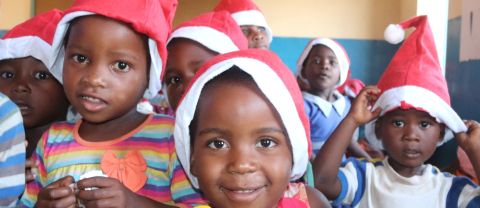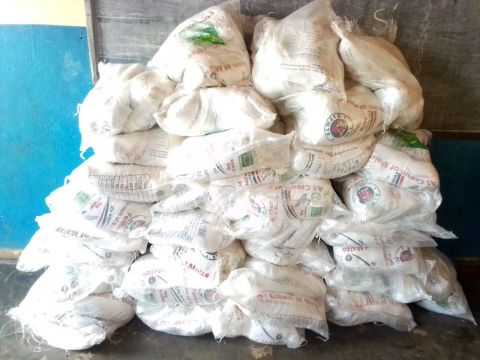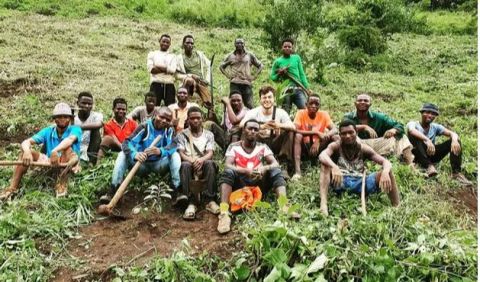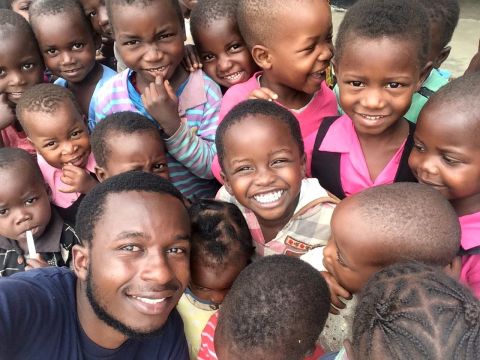
Malawi’s green future
At sunrise in the hills of Mulanje, local villagers kneel in the rich, damp soil, gently planting young saplings. Each tree they plant is more than a patch of green, it is a promise for the future. Across Malawi, similar scenes are unfolding as communities, organizations, and government agencies work together to reverse decades of deforestation.
Once lush forests have been cleared for farmland, charcoal production, settlements or by wildfires, leaving rivers strained, soil eroded, and biodiversity threatened. According to the Forestry Department and Mongabay, Malawi lost over 3 million hectares of indigenous and plantation forests the last 50 years.
Reforestation is not just about protecting and replacing trees; it is about restoring balance. Communities nurture seedlings, protect young forests, and maintain water catchments that sustain both people and wildlife.
The government encourages participation through annual tree-planting campaigns, while universities, non-profits such as Zomba Treez and private companies provide expertise, funding, and coordination. On Mount Mulanje, conservation groups are reviving the endangered Mulanje cedar, showing that reforestation can protect both landscapes and unique species.
Challenges remain. Illegal logging and charcoal production and land pressures continue to threaten forests, and the survival of newly planted trees depends on long-term care. Yet the collaboration between communities, institutions, and leaders demonstrates a shared commitment to sustainable restoration. This, because they know that deforestation contributes to climate change, reduces biodiversity, causes soil erosion and disruption of water cycles causing droughts and floods.
What can you do? Make a donation to organizations such as Zomba Treez. Also buy approved charcoal such as the charcoal from Kawandama Hills Plantation and make use of environmental friendly services such as on Malawitravel.org
For Malawi, every planted tree is a step toward resilience, a lifeline for communities and proof that many hands can leave the largest mark. The future, it seems, is taking root, one sapling at a time.








